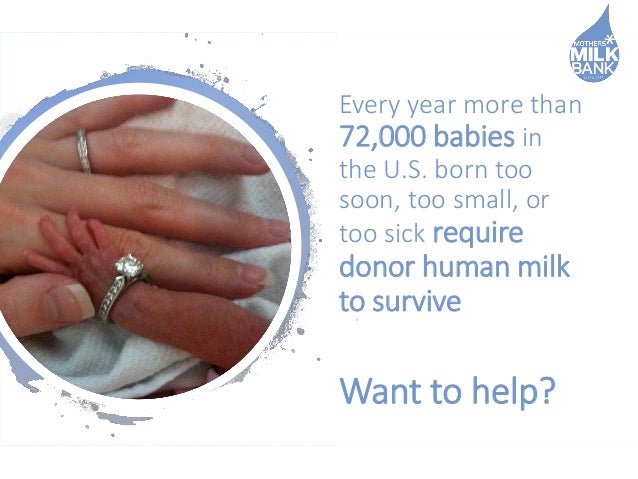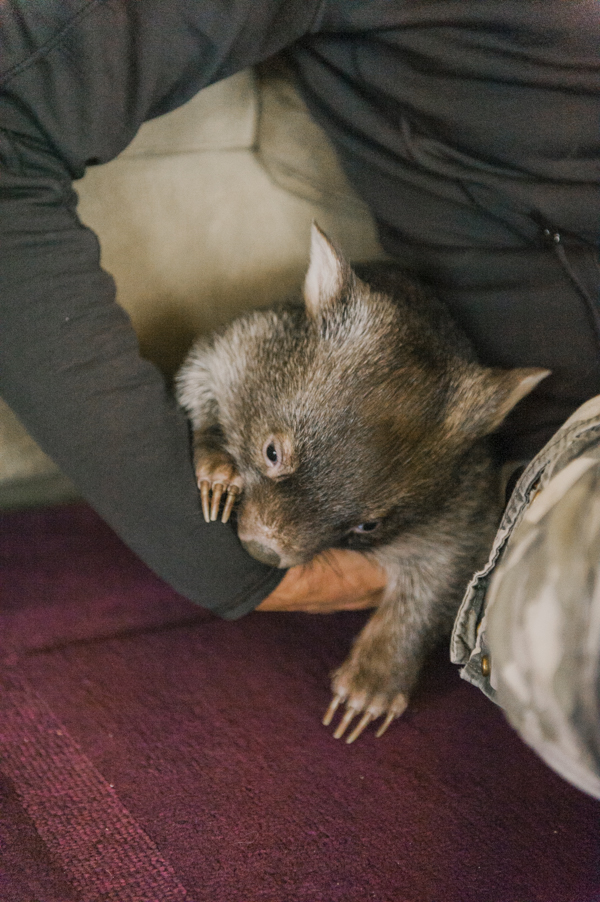Nine months to 12 months your baby can pick up objects with little effort now. By around 2 months, while she's lying on her stomach, you might notice she can raise her head for just a few seconds at a time.

Elephants of Ithumba Travel Photography
So, if you are planning to help your baby hold his or her own bottle while feeding, here are some tips to follow.

When can babies start holding their own bottle. He can sit up by himself, which usually happens between 4 and 7 months, and he can grasp objects properly. When do babies sit up on their own? Your baby will learn to reach for an object with one hand.
When your baby is between 1 and 3 months old, she’ll be gradually gaining the strength needed to hold her head up. Babies can be burped in many ways and while being held in. Most babies at this age can try to get an item that is out of reach and.
Encourage this new skill by playing with your baby and handing her different things to feel and handle. Between 1 and 3 months of age, a baby typically starts lifting their head up more often (usually mastering a. At first, this may only happen for a.
Soon after your baby masters reaching, you can also expect her to start grabbing objects. While many infants will be motivated to hold their own bottles before 9 months, others may be enjoying the feeding relationship so much that. At around 6 to 8 weeks, if he's especially strong and coordinated, he'll raise his head while lying on his back.
She can pick up small objects with her thumb and index finger (pincer grasp). Young babies may not have the head control or strength to move away from the flow of the milk that is being aided by gravity. By this age, he'll also be able to hold and shake a toy, as well as swing at dangling objects.
It involves sitting baby in a bouncer seat, laying them flat in their crib, or otherwise positioning them — and then propping a bottle with a blanket or. By the end of his first month, your baby should be able to lift his head briefly and turn it from side to side when lying on his stomach. The only way to tell if your baby can hold his own bottle is to hand him one and watch what happens.
Babies start to sit up on their own. Some signs your baby may be ready to hold his own bottle: That’s not to say it won’t happen sooner or later — there’s a wide range of normal.
Holding the bottle is one of the milestones. Do not leave your baby unattended with their bottle, even if they can feed themselves. Once she has something, she’ll enjoy dropping it or giving it to you (nhs 2016a).
When your baby is around six months old, you can start using a feeding cup to teach your baby how to sip drinks from a cup. By 2 months, most babies can lift their heads upright when they are lying on their bellies. Some babies can hold their own bottle around 6 months of age.
Your baby should be reaching for familiar objects by month 4, although some infants may begin reaching — for toys, for the dog and, of course, for their caregivers — by month 3. When you carry him on your shoulder, he'll have enough control to hold his head. Stand, holding on to things between 6 to 9 months pull to a.
Tragically, bottle propping can be fatal. This time is when they can sit on their own and have developed their excellent motor skills. Babies can stay sitting up unassisted when they’re around 6 months old, when the neck, upper body and back muscles have more fully developed, but sometimes they get the hang of it earlier or later.
In general, you can stop burping most babies by the time they are 4 to 6 months old, according to boys town pediatrics in omaha, nebraska. You can aim to stop using bottles by the time your baby turns 12 months old. For others, it will be closer to 10 months.
Typically babies start to hold their bottles at six months old. According to the cdc developmental milestone checklist, chart, infants can usually begin to: Your baby still needs supervision when they are feeding no matter their growth stage.
These brief moments help strengthen the muscles in the back of her neck. Babies are known to learn how to hold their bottles between six and 10 months of age as their fine motor skills develop. He may also be up to the task.
When your baby does start walking, it happens in stages, which include these big milestones: You should continue to thoroughly wash the feeding cups containing infant formula or breastmilk until your baby is 12 months old. It can be exciting to have your sprout saddle up to the dinner table with you (now seating table for.

How to Start Seeds Indoors Gardening Jones

Learn how donor human milk saves babies

Mother's Day Pampering Session With Pigeon Malaysia Let

What Age Does Baby Hold Own Bottle










